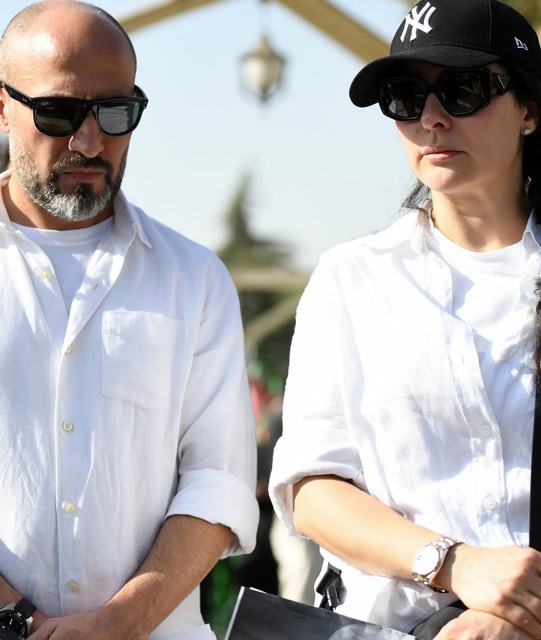In 1970, he directed Aramesh dar Hozour-e Digaran (Tranquility in the Presence of Others) — his first major feature and one of the most important works of pre-revolutionary cinema. The film, exploring the breakdown of a retired army officer and his family, was banned for several years by authorities for its critique of patriarchal and authoritarian values. When finally released, it was hailed as a masterpiece of psychological and social realism. Taghvai’s cinema is distinguished by its deep humanism, cultural precision, and literary structure. His stories often revolve around individuals trapped between modernity and tradition, between personal freedom and social constraint.
Taghvai had an exceptional talent for transforming literary works into cinematic experiences. His best-known adaptation, My Uncle Napoleon (based on Iraj Pezeshkzad’s beloved novel), remains one of the most cherished television series in history. Few directors portrayed southern Iran with such intimacy — its landscapes, dialects, and cultural textures. He turned the Persian Gulf’s humidity, ports, and winds into metaphors for emotional states and societal tensions.


